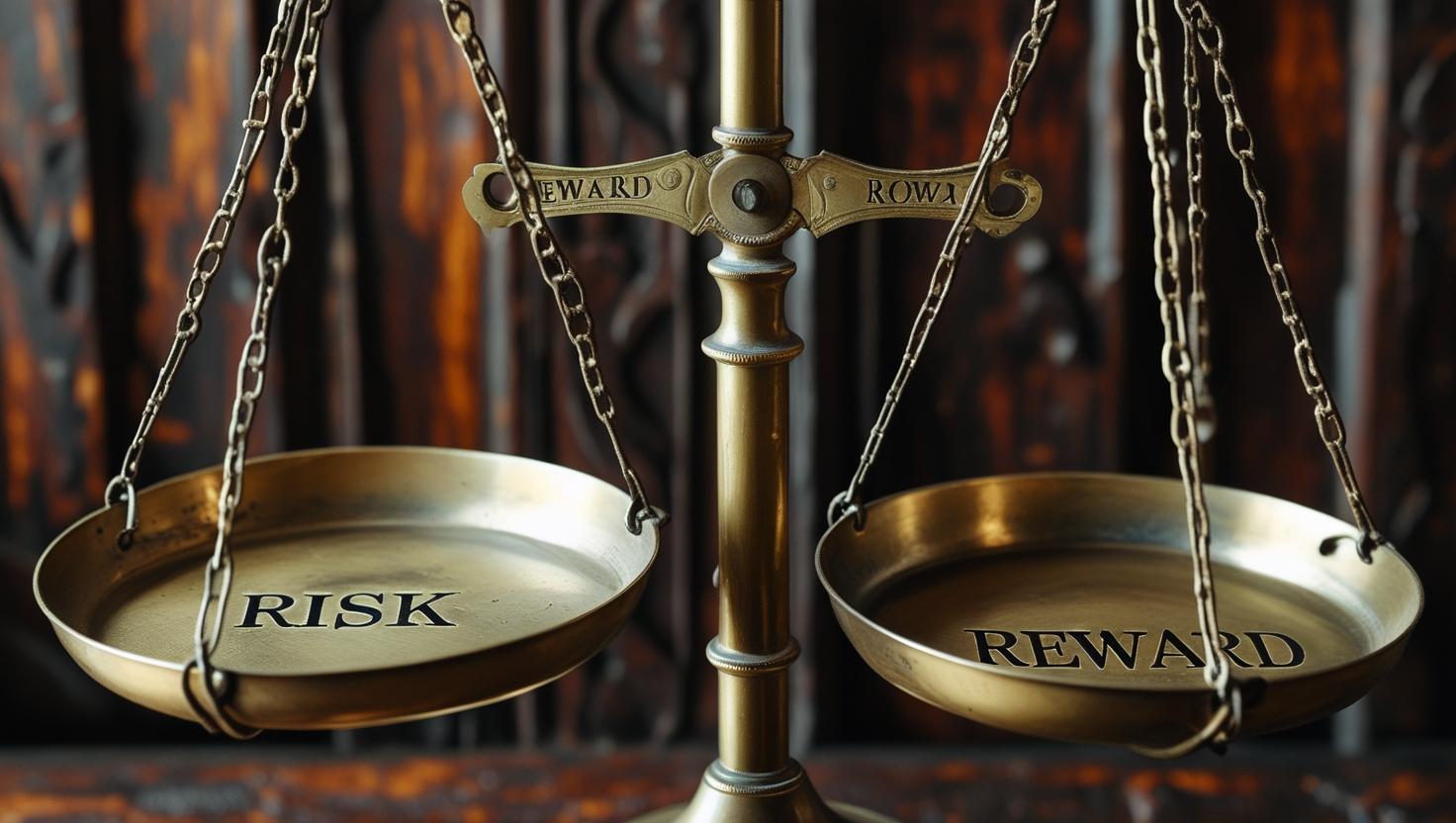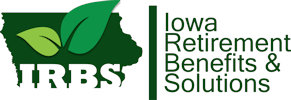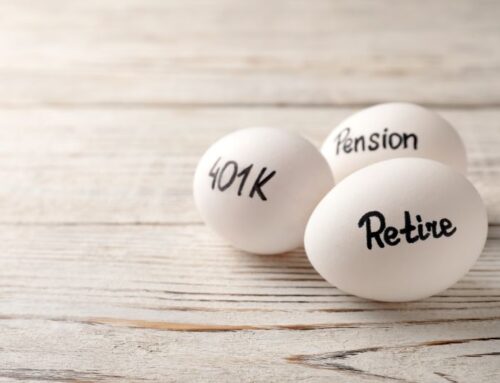Private Equity in Your 401(k): What Retirees Need to Know
Private Equity in Your 401(k): What Retirees Need to Know
Posted by Ethan Ball, CRPC
Serving Cedar Rapids, Iowa, and Surrounding Areas.
Private Equity in Your 401(k): What Cedar Rapids Retirees Need to Know
Your 401(k) has probably been one of the biggest drivers of your retirement savings. For decades, the formula has been simple: you contribute from each paycheck, your employer may match, and the funds are invested in stocks and bonds until retirement.
But a recent executive order has opened the door for something new — employer-sponsored retirement plans (like 401(k)s and 403(b)s) can now include private equity investments.
That’s a big change, and retirees in Cedar Rapids, IA, need to ask: does this benefit you, or does it benefit Wall Street more?
What Exactly Is Private Equity?
Private equity (PE) firms raise money to buy and manage private companies — ranging from nursing homes to sports teams. Their goal is to increase profitability, then sell those businesses for a return.
Unlike the stock market, these companies aren’t traded publicly. That means less transparency, less regulation, and investments that often tie up money for years before generating a payout.
The private equity industry is massive — managing more than $5 trillion — and its leaders, like Blackstone and Apollo, have long wanted access to everyday investors’ retirement accounts. Now, they might get it.
How Would Private Equity Show Up in Your 401(k)? 
For most Iowans, 401(k) contributions go into a target-date fund (TDF) — a “set it and forget it” option that automatically adjusts your mix of stocks and bonds as you approach retirement.
With new guidance, TDFs may start adding a slice of private equity into the mix. Experts expect it would be modest (around 5–10% of the fund).
The Potential Upside for Retirees
Supporters of private equity in retirement plans argue it could mean:
- More opportunities: Publicly traded companies in the U.S. have been cut in half since the 1990s. PE opens the door to companies not listed on Wall Street.
- Leveling the playing field: Universities, pension funds, and billionaires have used private equity for decades. Everyday workers could finally gain access, getting you a seat at the table.
- Possibly higher returns: Some studies show PE outperforms the stock market — especially during downturns.
The Risks You Shouldn’t Ignore
But it’s not all rosy. Critics warn of serious drawbacks, including:
- Liquidity issues: PE investments can lock up your money for years, making them a poor fit if you need access.
- Lack of transparency: Unlike public stocks, these investments aren’t easily tracked or valued.
- High fees: Private equity firms often charge steep management and performance fees (think 2% + 20%). That can eat into retirement savings.
One retirement attorney put it bluntly: “If the same people who value the assets also earn more when the assets are valued higher — who’s keeping that in check?”
What History Tells Us
Private equity’s track record is mixed:
- Over 20 years, PE has averaged stronger returns than broad stock indexes.
- But when researchers compared pension funds with and without private equity exposure, the difference in long-term performance was basically a wash.
- In many cases, a simple 60/40 stock-bond portfolio performed just as well — without extra fees or risks.
Who Really Wins?
While private equity may provide modest benefits for individual investors, the bigger winner could be the PE industry itself.
Rising interest rates have made it harder for them to raise new money. Opening access to trillions of dollars in retirement accounts — including yours — gives them a new cash pipeline.
So while you might see slightly higher returns, private equity funds may need your 401(k) contributions more than your 401(k) needs them.
Bottom Line for Cedar Rapids Retirees
Adding private equity to 401(k)s is a bold experiment. It could give everyday investors access to new opportunities, but it also adds complexity, higher fees, and more uncertainty.
If your plan sponsor introduces PE into your 401(k), don’t panic — but do ask questions. Understand how much of your money is allocated, what the fees look like, and how it fits into your long-term retirement strategy. Get advice. Speak with a retirement planner here in Cedar Rapids who understands both the local retirement landscape and the risks of private equity.
At the end of the day, your retirement plan should be built for you, not Wall Street.
Schedule Your Free Financial Strategy Session
Email us at info@iowaretirementsolutions.com
Call us at 319-423-3332
Click here to schedule your free consultation.
Investment advisory services are offered through Fusion Capital Management, an SEC registered investment advisor. The firm only transacts business in states where it is properly registered or is excluded or exempted from registration requirements. SEC registration is not an endorsement of the firm by the commission and does not mean that the advisor has attained a specific level of skill or ability. All investment strategies have the potential for profit or loss.




